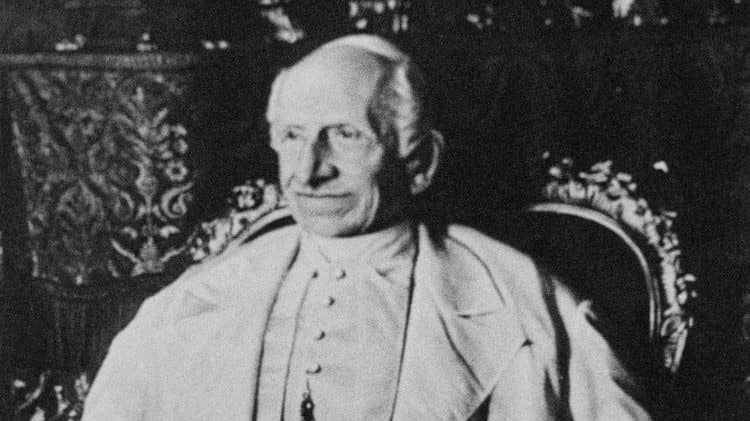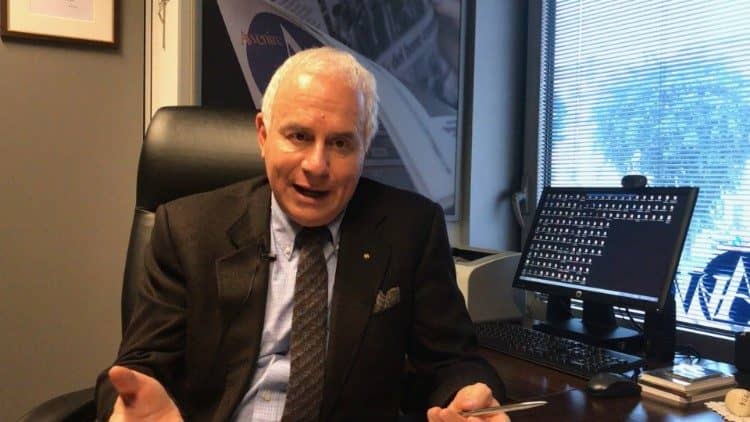ROME – While there are many things to marvel over about Pope Francis, one clearly has to be his ability to multi-task. At the moment he’s in Chile, trying, among other aims, to repair the damage from clerical sexual abuse scandals in that Latin American country, but he still managed on Tuesday to be active diplomatically in the Middle East as well.
Following reports in the Turkish media, the Vatican confirmed Tuesday that on February 5, Turkish President Recep Tayyip Erdogan will meet Francis in the library of the Apostolic Palace, where the pope customarily receives heads of state.
The meeting follows a Dec. 29 phone call between Erdogan and Francis, in which they discussed the fallout from the Dec. 6 decision by U.S. President Donald Trump to recognize Jerusalem as the capital of Israel and to transfer the American embassy there from Tel Aviv.
Both Erdogan and Francis were critical of that move, reaffirming support for the status quo in Jerusalem. According to the same report, the Turkish leader and Francis will also discuss migration and the conflicts in both Syria and Iraq.
RELATED: Turkish president to visit Vatican in February to discuss status of Jerusalem
At first blush, the Feb. 5 encounter would appear to have four levels of significance.
First is the question of Jerusalem itself. Trump has a bit of a history of making bold policy announcements that take considerable time to implement, and which may be pared back or modified by the time the dust settles. U.S. Secretary of State Rex Tillerson has said the embassy move “is not something that is going to happen this year, probably not next year,” so Erdogan and Francis may be hoping there’s still time to intervene.
Those hopes may be buoyed by the fact that Trump apparently likes Erdogan. When the Turkish leader visited Washington in September, Trump said he’d become “a friend of mine,” and added that despite the challenges Erdogan faces, including growing criticism of his authoritarian streak, he nevertheless deserves “very high marks.”
Second, the meeting is important because it more or less closes a low ebb in Turkish/Vatican relations that opened in 2015, when Francis publicly used the word “genocide” to describe the slaughter of Armenians by Ottoman Turks during the First World War, and which intensified when he did so again during his 2016 trip to Armenia.
Turkey rejects the claim that there was a genocide, insisting that what happened to the Armenians was part of a series of indiscriminate killings during the war. In 2015, Erdogan responded to Francis’s comments by testily advising him “not to repeat this mistake.” A minister in the Turkish government in 2016 accused Francis of having “the mentality of the Crusades.”
By now, however, whatever chill set in seems largely to have lifted, and the Feb. 5 encounter certifies that the relationship is back on track.
Third, the meeting is important because, while both sides certainly have something to gain, they also have something to lose.
For Francis, his moral authority around the world is premised in part on his reputation as a champion of the oppressed and marginalized. If he’s perceived as too cozy with a figure effectively regarded in some quarters as a “dictator” with a dubious human rights record, it could begin to affect the pope’s ability to mobilize moral support for the issues he cares about across the board.
On the other hand, Francis and the Vatican also have a great deal at stake in the broader dialogue with Islamic states, and the pontiff’s advisers are likely to tell him that keeping his relationship with Erdogan green may pay off in presently unforeseen ways.
As for Erdogan, he already knows that Francis is willing to spend down some of his political capital with Turkey for something he regards as important, such as the acknowledgment of the Armenian genocide.
The Turkish leader comes to Rome knowing full well that if Francis chooses, the pope could press him on some domestically unpopular issues as the price of doing business internationally, including the fate of Turkey’s dwindling Eastern Orthodox community centered around the Patriarchate of Constantinople.
For instance, the famed Halki Seminary in Istanbul, the former Constantinople, remains closed by an edict of the Turkish government since 1971, despite decades of requests by the patriarchate and its international allies to allow it to reopen. Francis is particularly close to Patriarch Bartholomew of Constantinople, and Erdogan knows that every time he engages the pope, he risks facing blowback on that front.
In addition, assuming Francis and Erdogan do indeed discuss Syria and Iraq, they may have slightly differing outlooks to navigate.
To date, Erdogan seems primarily interested in protecting Sunni Muslim interests in the two nations, at least to the extent those Sunnis aren’t Kurds threatening to slice off portions of Turkish territory. Francis and the Vatican, on the other hand, work hard to maintain good relations with Shi’a Islam, and they also want to keep the Kurds friendly, if for no other reason than the Kurds control portions of Iraq that significant Christian populations traditionally call home such as the Nineveh Plains.
Fourth and finally, the ongoing conversation between Francis and Erdogan is part of a broader historical transition in the Vatican, which is the shift from Judaism to Islam as the Church’s paradigmatic interreligious relationship.
For most of the period after the Second Vatican Council (1962-65), by far the Church’s most important dialogue with other religions was with Judaism, and the language, methods, and psychology that marked that dialogue set the tone for all the others.
Beginning after 9/11, however, the Vatican began to look more to the relationship with Islam as the pacesetter, largely because it was perceived to have a more direct impact on the world – not just in the Holy Land, but in multiple other venues. Among other things, that signaled a shift from a dialogue that was more theological, among academics, to one that’s more political and diplomatic, focused not just on doctrine but on statecraft.
While Francis clearly cares deeply about the relationship with Judaism, he’s also invested in building bridges with Islam, recognizing that the implications for global peace and security are enormous.
Thus when Francis and Erdogan meet Feb 5, much will be on the line on both sides. Whatever comes out of the session, it will be another chapter in an activist pope’s determination to leave it all on the field when it comes to the press for peace.

















